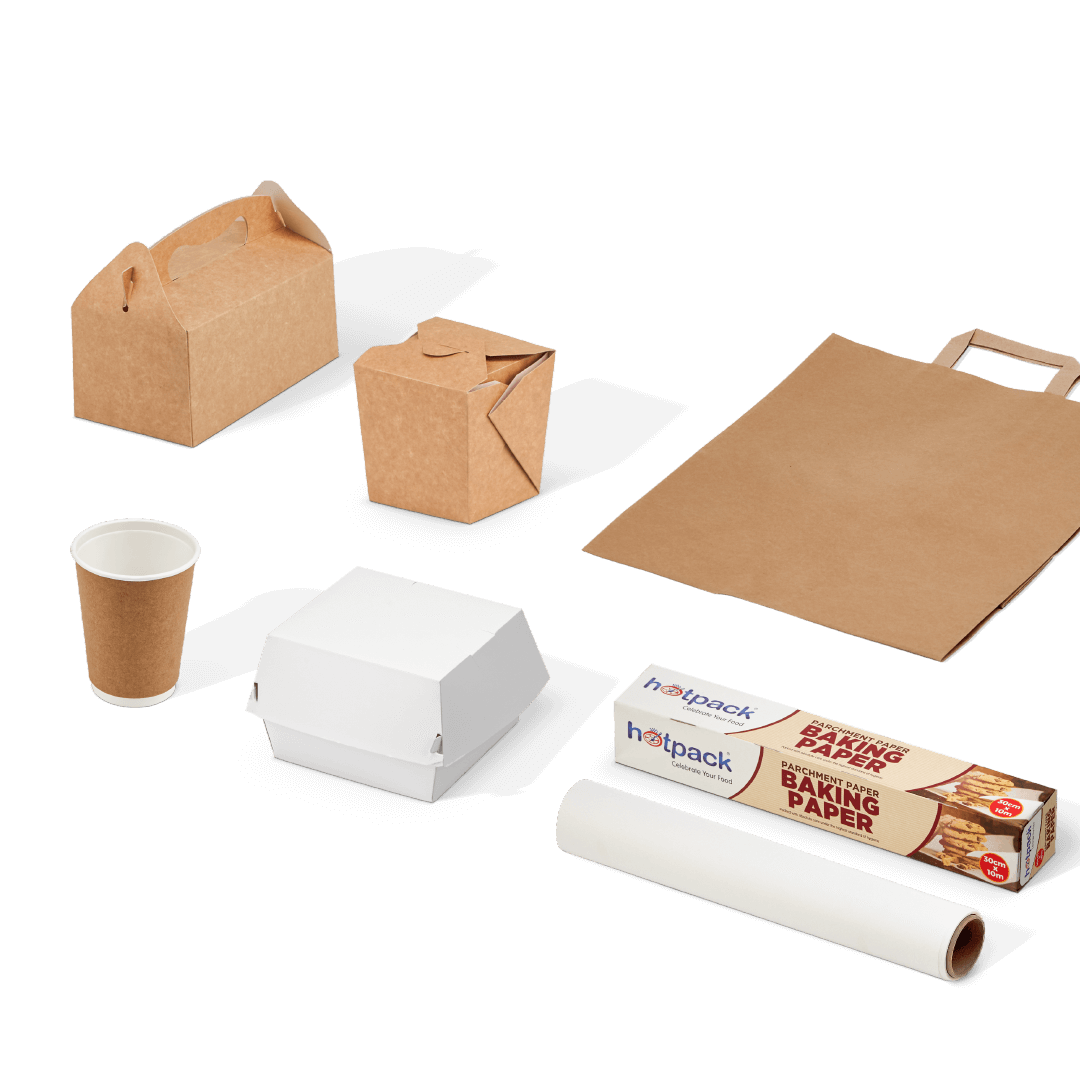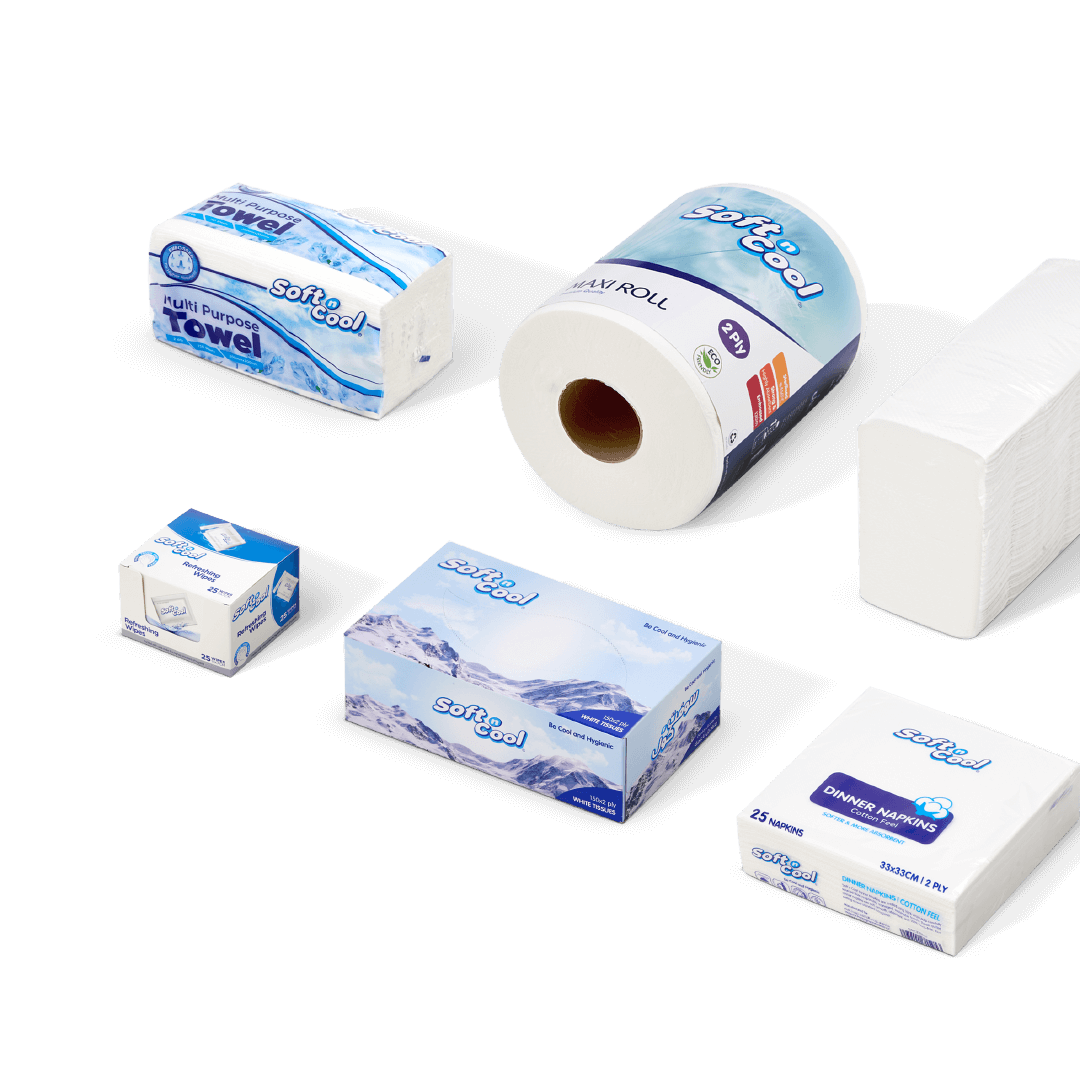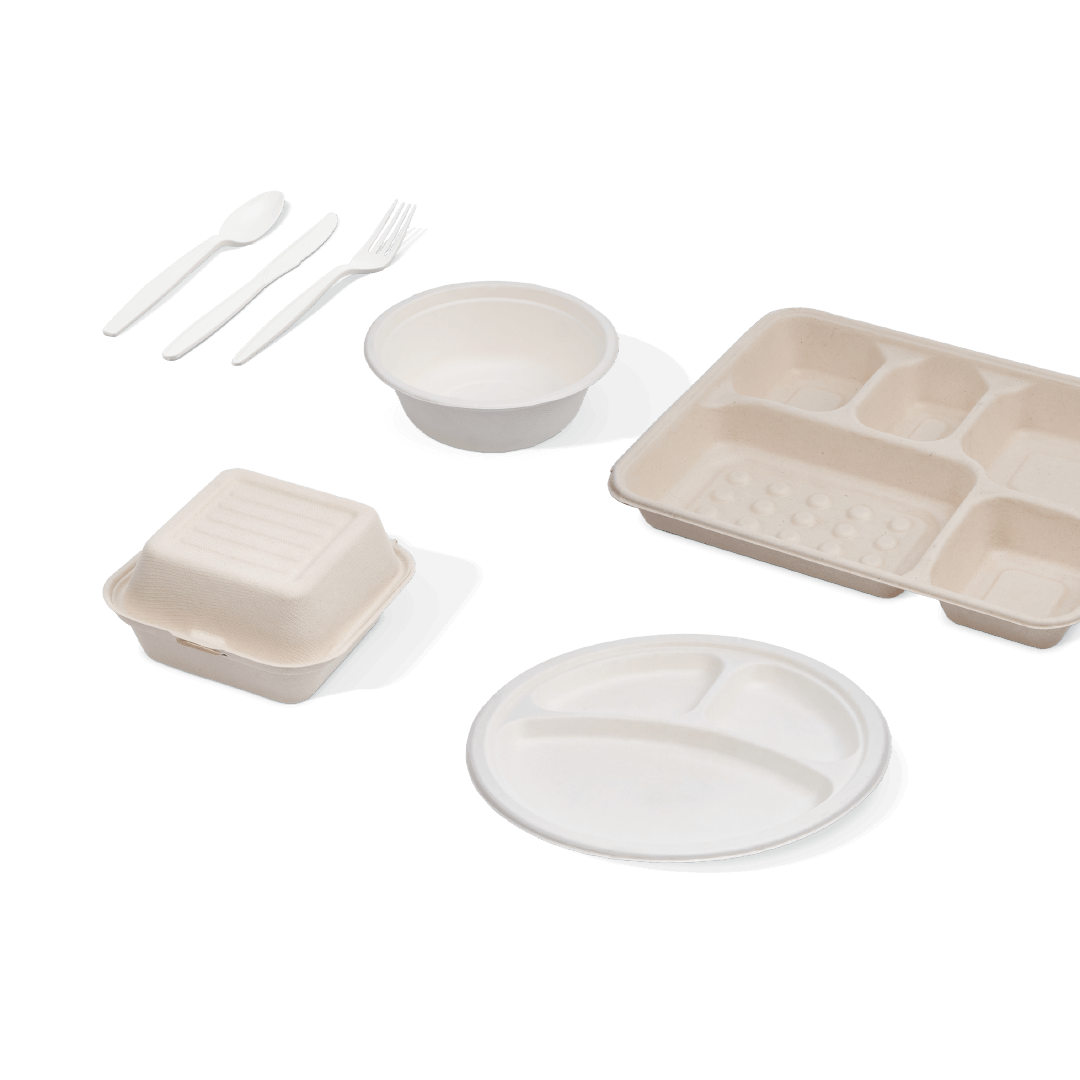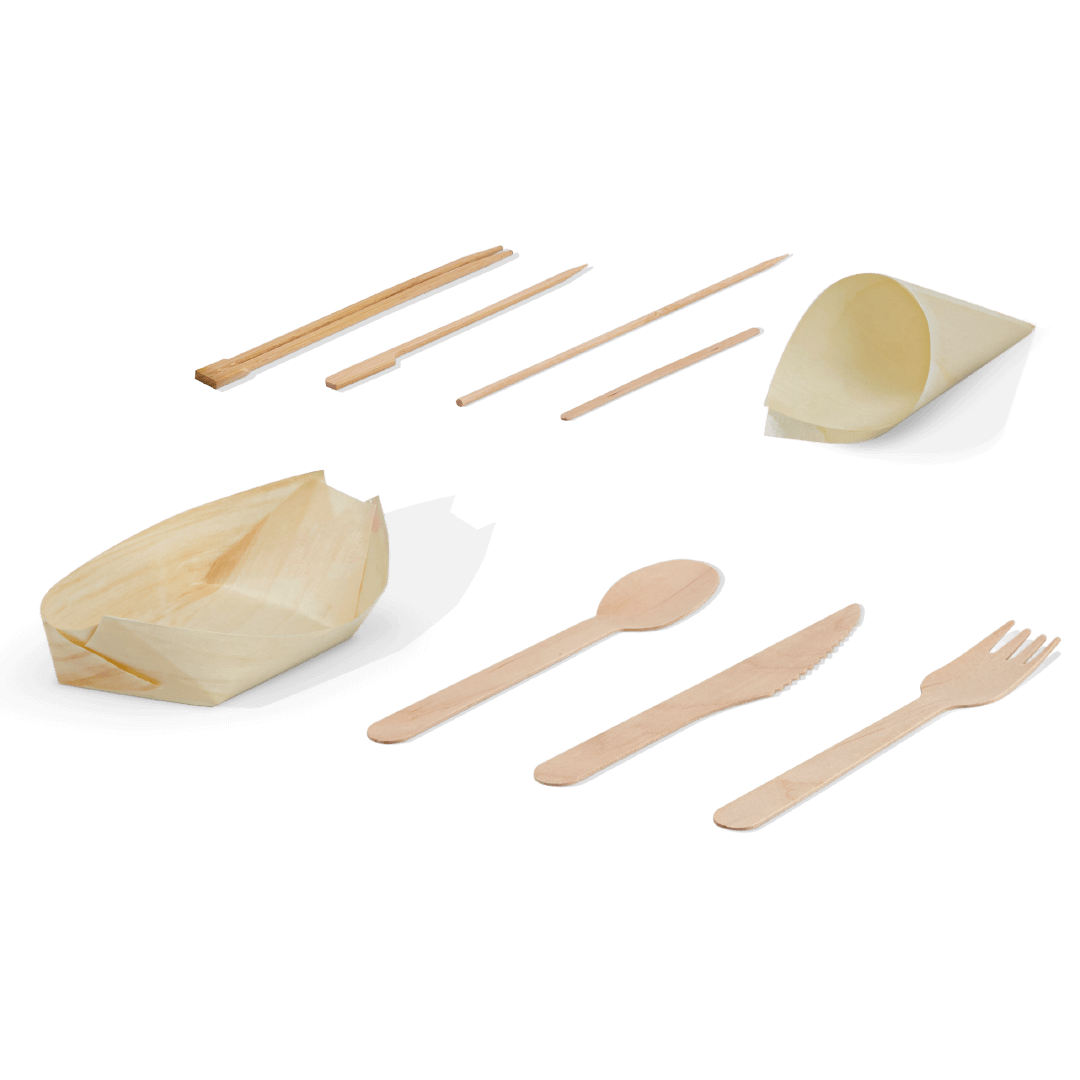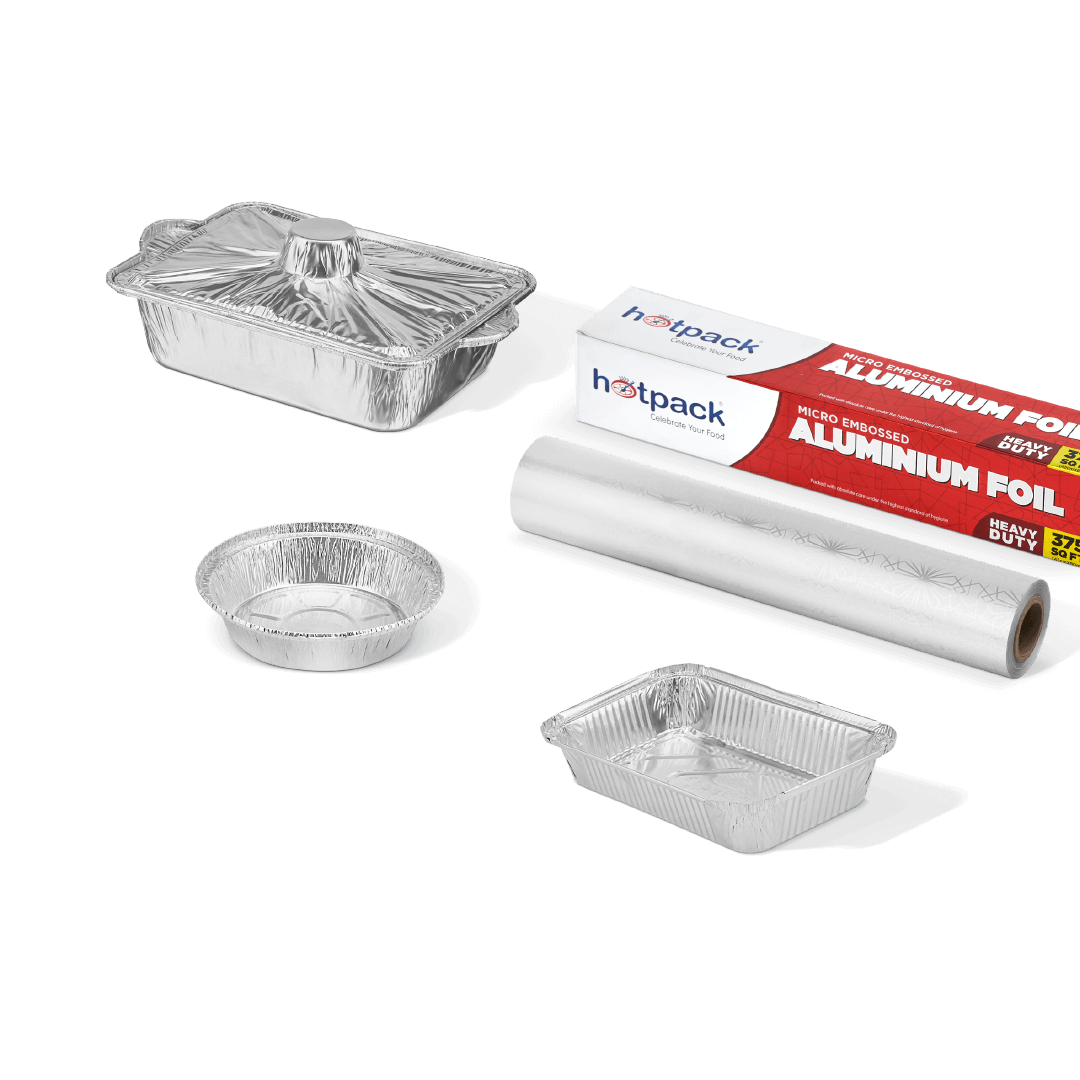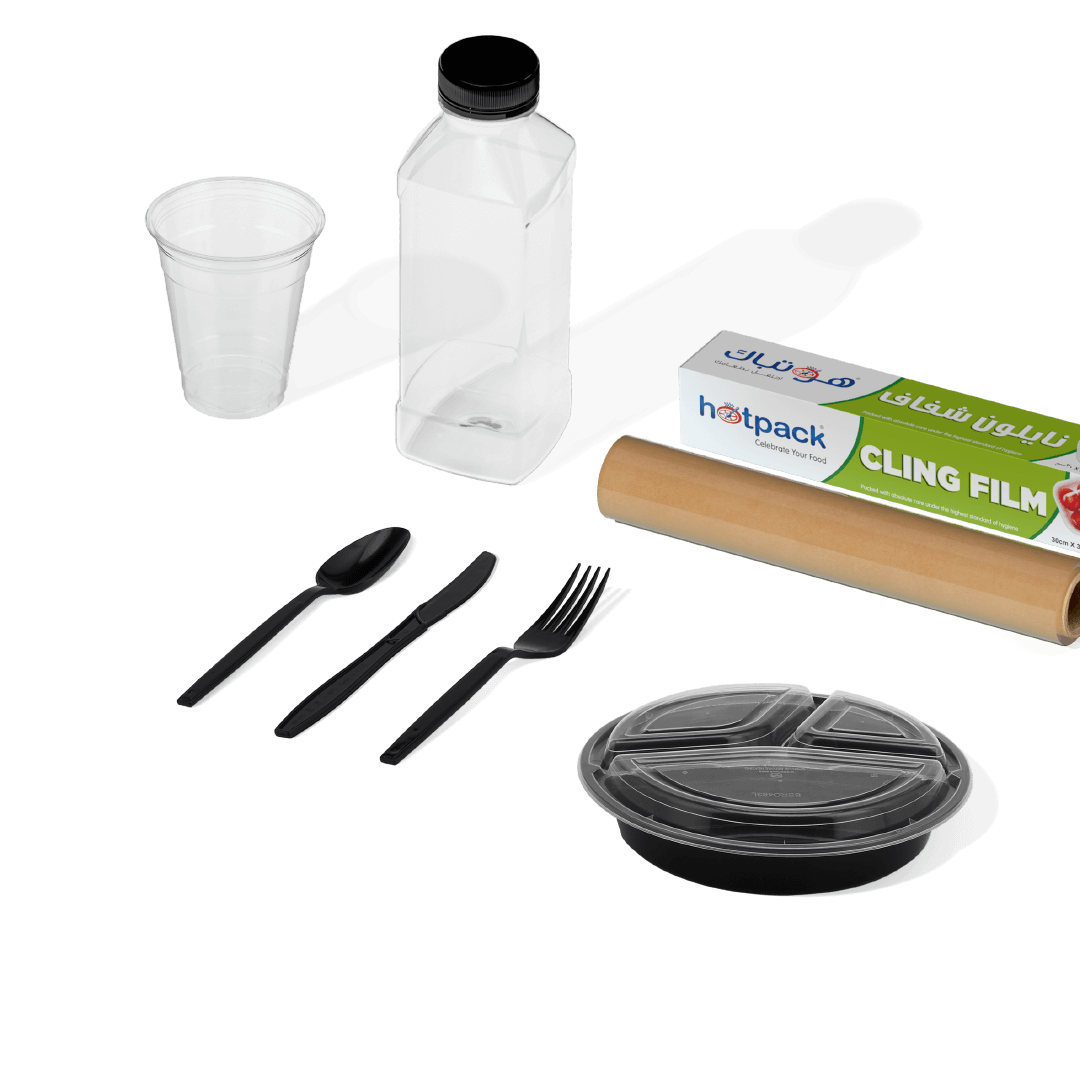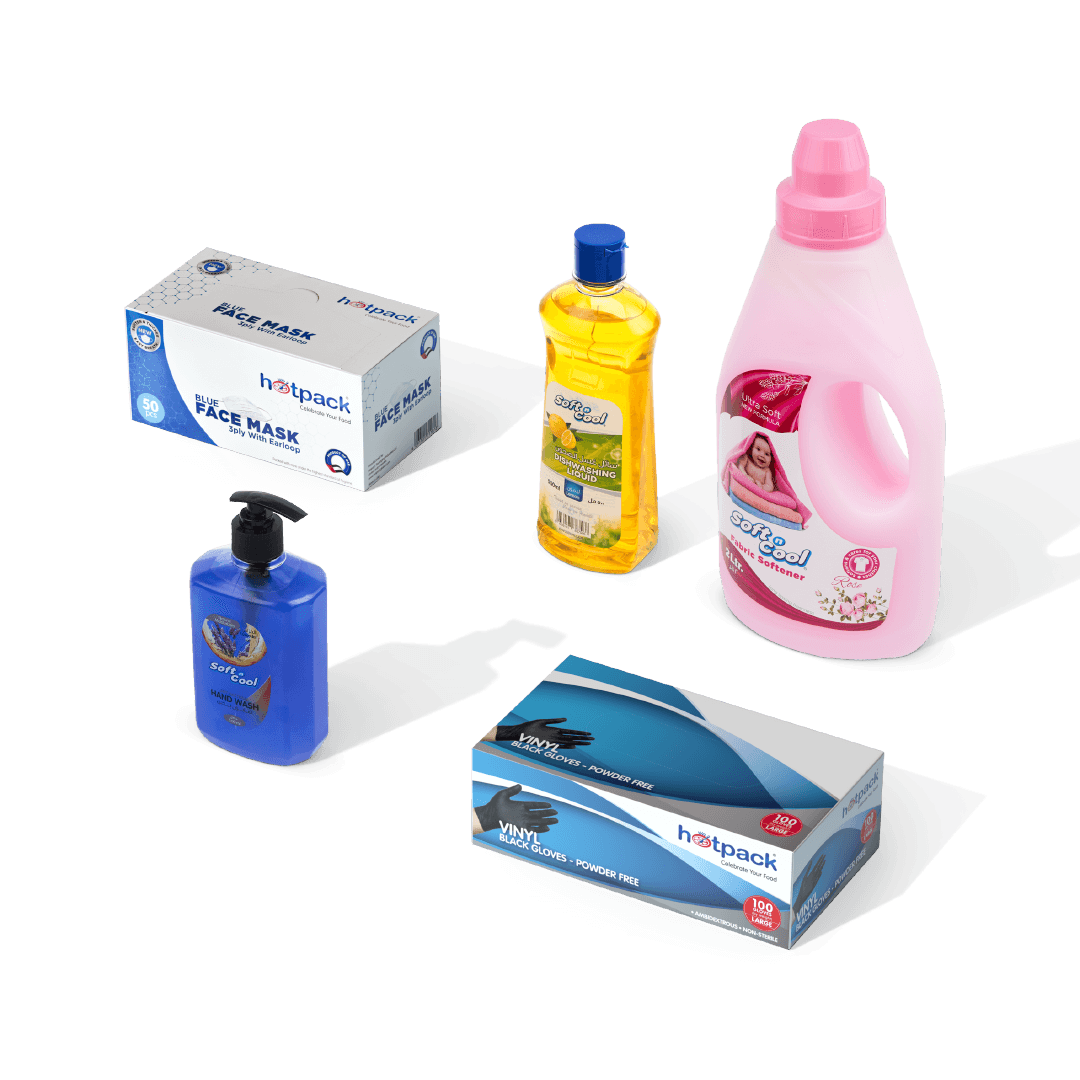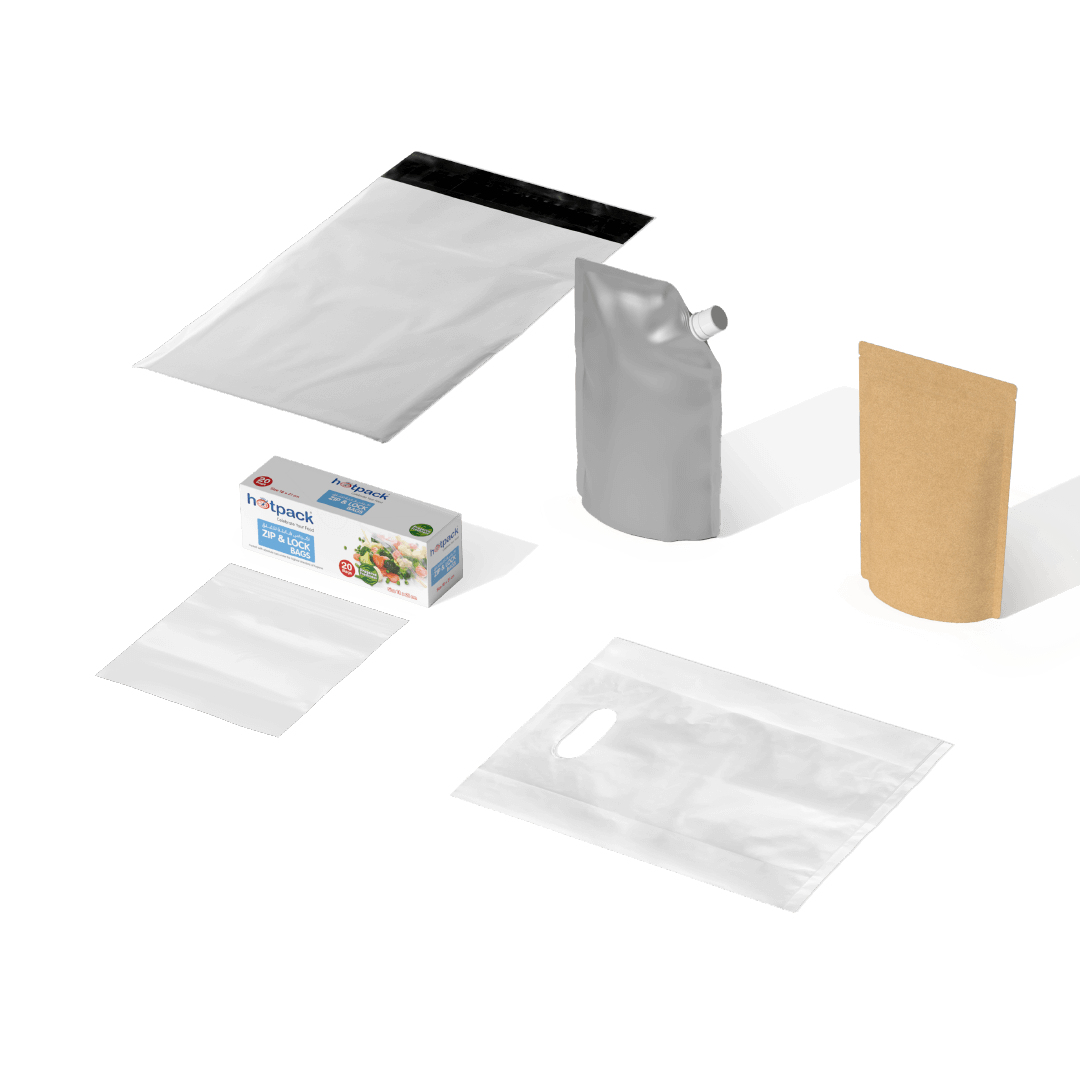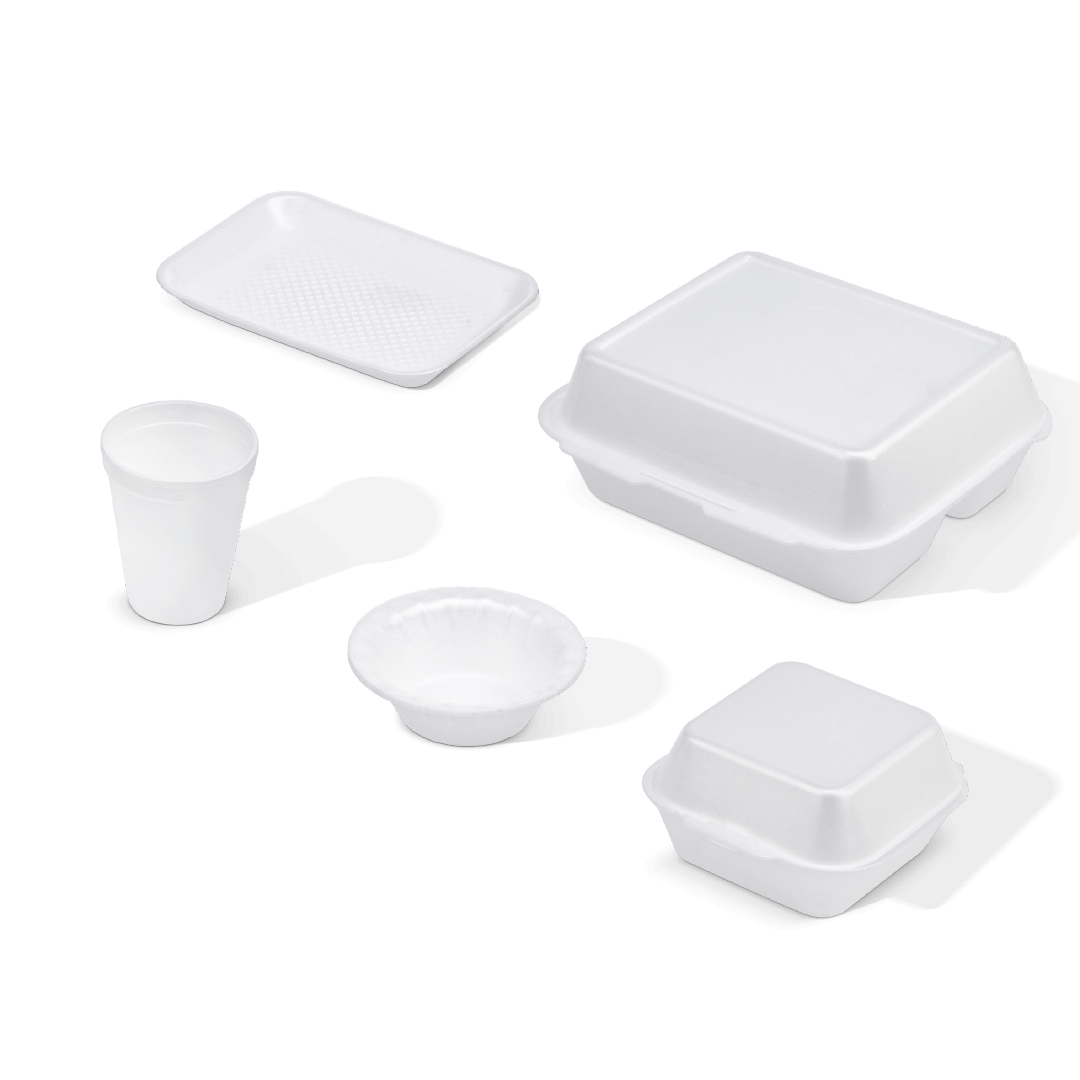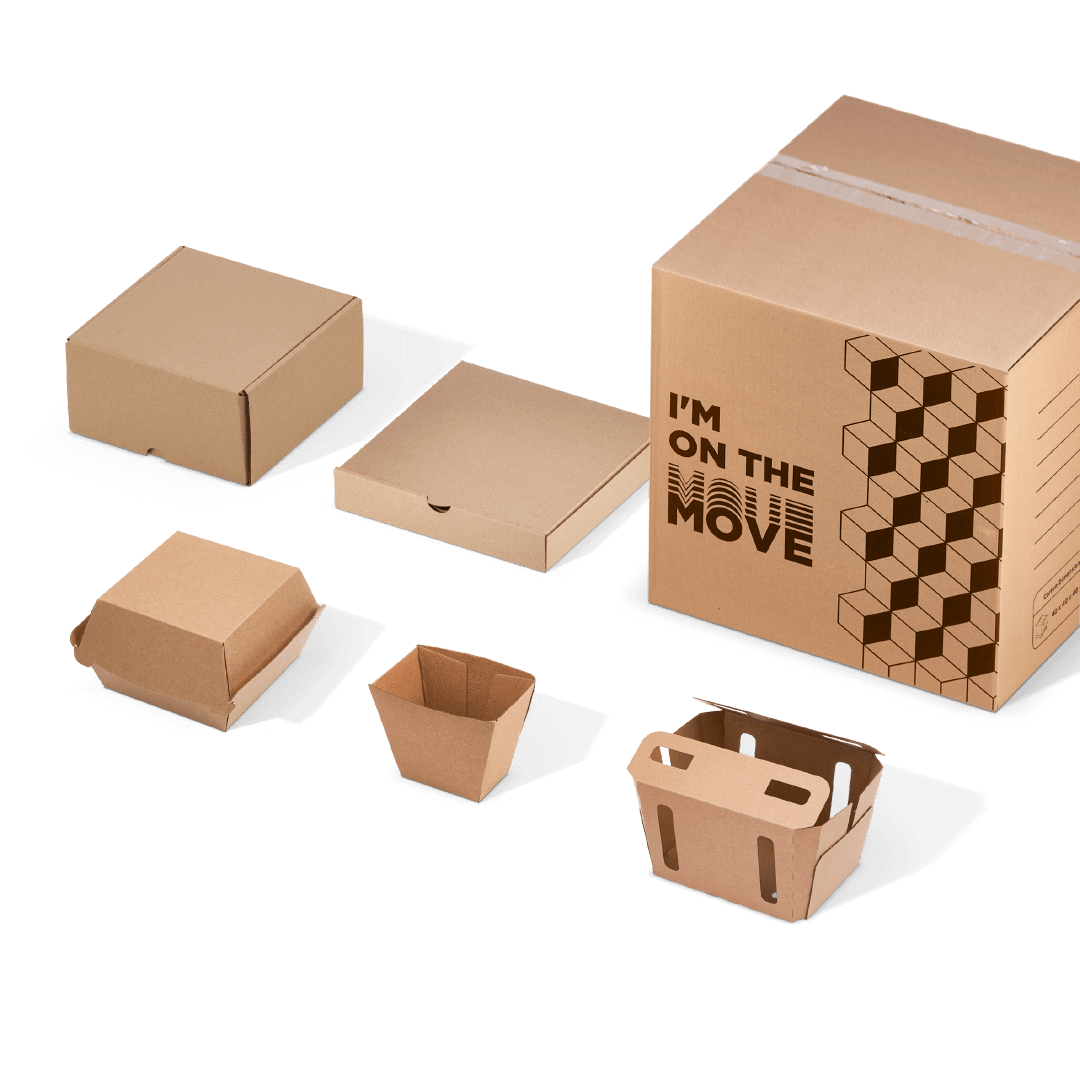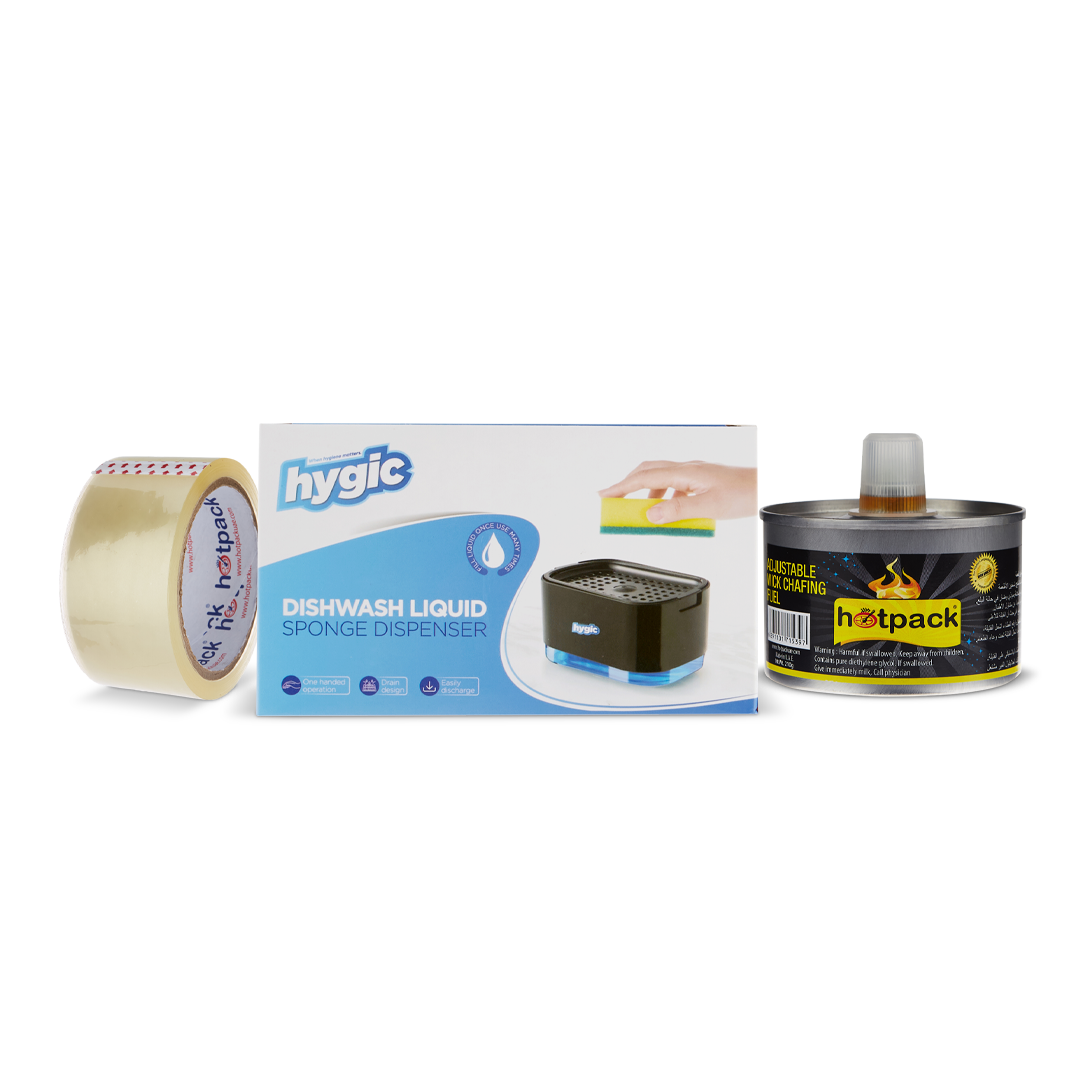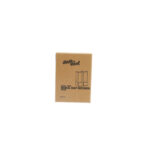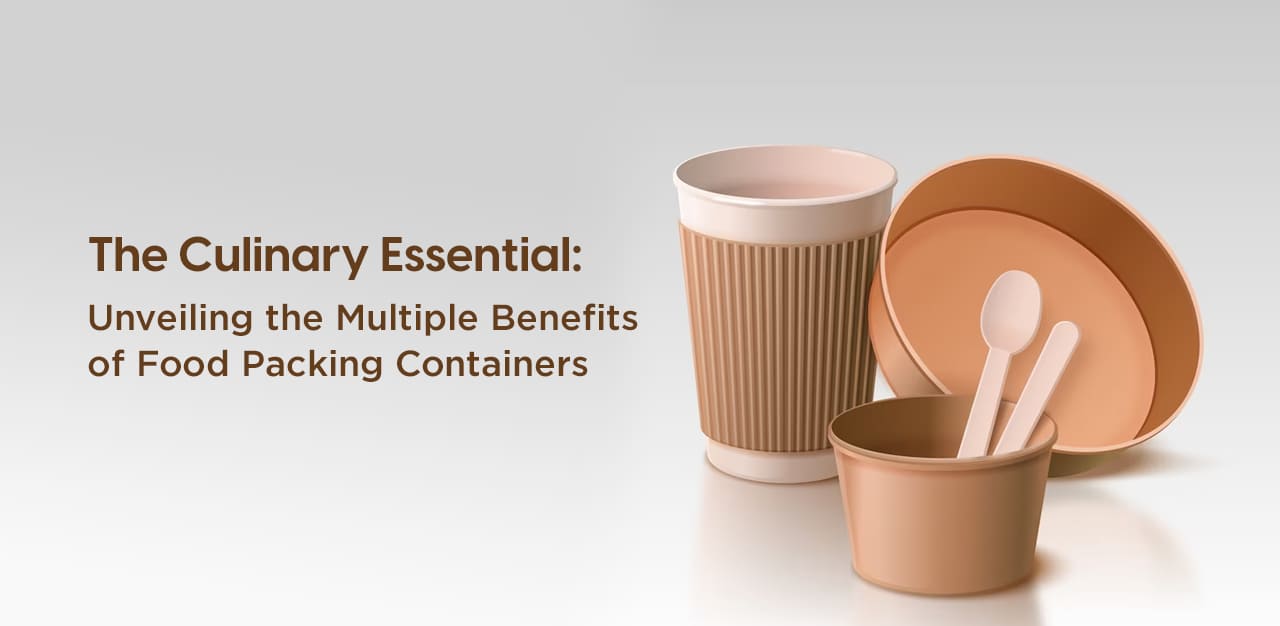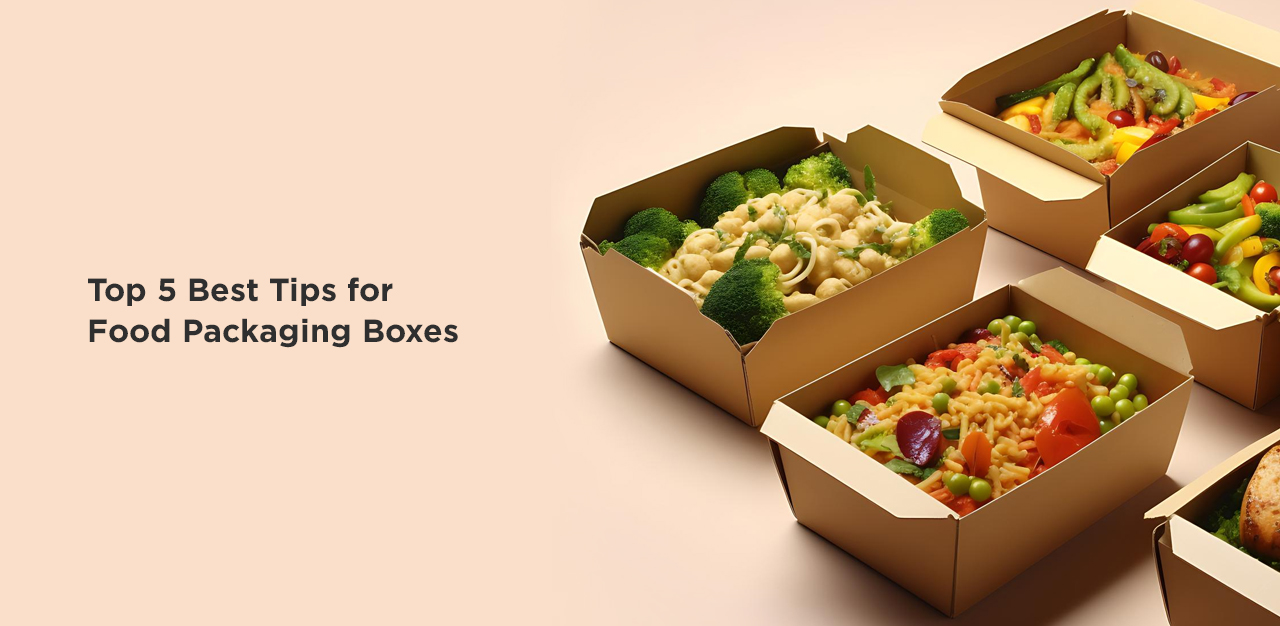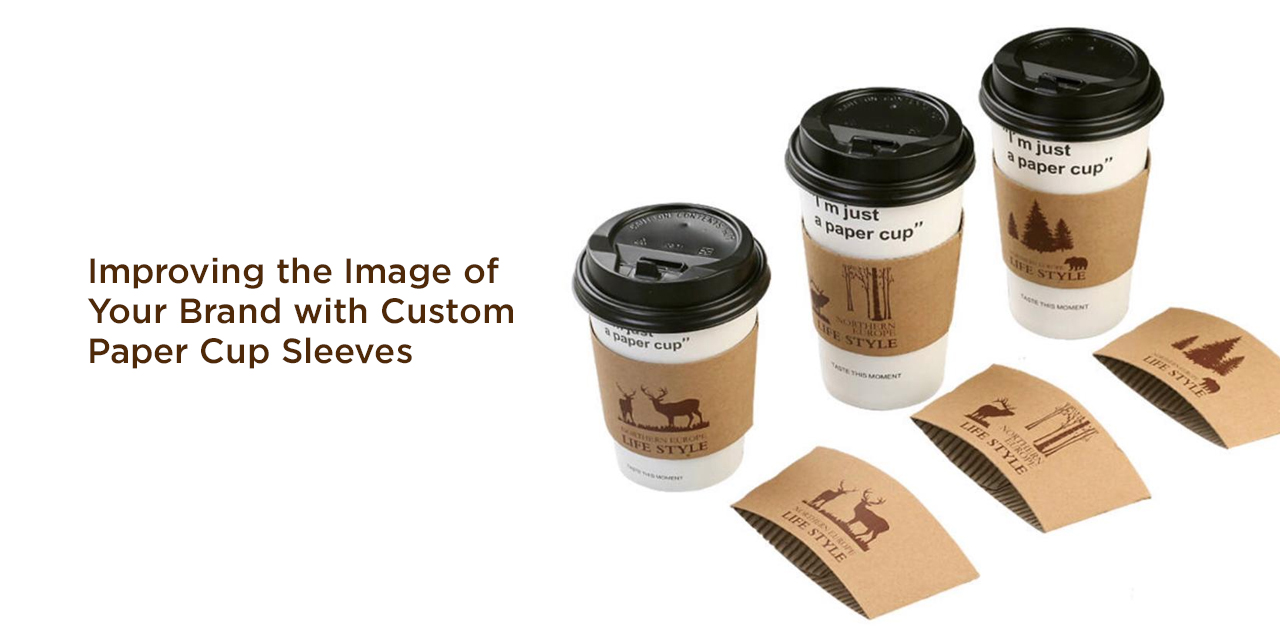Food packing containers have become an indispensable part of a hectic, modern lifestyle. These inconspicuous containers serve an important role in storing, transporting, and enhancing the quality of our food; whether you’re a gourmet aficionado whipping up gastronomic treats or a busy professional grabbing a fast meal on the fly – food containers have grown beyond their original function of storage to become real culinary companions. In this in-depth investigation, we look deeply into the numerous benefits these containers provide, ranging from food safety to sustainability, convenience to cost-effectiveness, and much more.
Ensure Food Preservation and Safety
-
Maintaining freshness of food:
The capacity of food packaging boxes to preserve food freshness for lengthy periods of time is one of their most essential advantages. An effective barrier against outside influences like air, moisture, and contaminants—all of which can hasten food spoilage—is created by airtight seals and well-made lids. This decreases food waste while also extending the shelf life of a variety of perishable goods.
-
Keeping cross-contamination at bay:
Different food types can be safely stored in food packing containers without worrying about cross-contamination. By maintaining this isolation, each meal’s integrity and flavour are protected from the smells and scents of one dish seeping into the other.
Improved convenience and portability
-
Portable meals:
Convenience is crucial in the fast-paced society we live in today. Packing a lunch or dinner for work, school, or travel is simple with the use of food storage containers. They are perfect for transporting meals without the worry of spills or messes, thanks to their small sizes, leak-proof constructions, and durability.
-
Meal preparation:
Meal planning has become very popular as a way to save time and eat well. In order to prepare and store many servings in advance, food packing containers are crucial instruments in this process. This not only makes meals more efficient but also promotes better eating practices.
Advancing Sustainable Practices
-
Getting rid of single-use plastic:
The worldwide campaign to decrease single-use plastics has resulted in an increase in the use of reusable food packaging containers. Consumers can drastically reduce plastic waste by using containers made of eco-friendly polymers.
-
Minimising food waste:
Food waste is a major global concern, with a significant percentage occurring during storage and transit. Food packing containers contribute to the solution by storing food for longer periods of time, lowering the likelihood of spoiling and the need to discard unneeded products.
Solutions at a Low Cost
-
Meal preparation at a low cost:
Including food packing containers in your meal planning strategy can result in substantial cost savings. Bulk purchasing and preserving leftovers become viable options, allowing individuals and families to maximise their grocery budgets.
-
Long-lasting and long-lasting:
In the long term, investing in high-quality food packing containers pay dividends. Unlike disposable choices, these containers are built to last, saving consumers’ money and decreasing the environmental effect of replacing single-use packaging on a regular basis.
Flexibility and diversity
-
Sizes and shapes vary:
Food packing containers exist in a variety of sizes and forms to meet a variety of culinary needs. There’s a container for every use, whether you’re storing soups, salads, sandwiches, or snacks.
-
Safe for the microwave and the freezer:
Many food packaging containers are microwave and freezer-friendly, making it simple to reheat and store leftovers. Because of their versatility, they are a vital addition to any kitchen irrespective of the number of eaters.
Personalization and customization
-
Promotions and branding:
Custom-branded food packaging containers provide a unique marketing opportunity for businesses in the food industry. These containers can be customised with a company’s logo and branding, providing a subtle but effective way to market a company.
-
The Personal touch:
Labels, stickers, and creative artwork can be used to personalise food packaging containers. This not only provides a personal touch but also aids in the identification of the contents at a glance.
Impact on the environment and sustainability
-
Reduction in carbon footprint:
Making the switch to eco-friendly food packaging, including recyclable containers, can drastically lower one’s carbon footprint. Large volumes of greenhouse gases are produced during the manufacture and disposal of single-use plastic containers. However, these emissions can be reduced by selecting environmentally friendly substitutes.
-
Reusing and recycling:
Many food packaging materials are made to last and can be recycled in due course. Customers support a circular economy and lessen waste by taking part in recycling programs and reusing containers.
Food packaging solutions, which we frequently take for granted, play an important role in ensuring the quality and safety of our food. They have numerous advantages that go far beyond simple storage, including food safety, convenience, sustainability, and cost-effectiveness. These adaptable containers are crucial companions in our culinary excursions in a world striving for sustainability and efficiency. Food packing containers are essential tools on the route to a better, more sustainable future, whether you’re a home cook trying to speed meal prep or a business looking to lessen its environmental effect. So, the next time you grab a food storage container, consider the multiple functions it serves in preserving and enhancing our gastronomic experiences.
To read the guidance for selecting the best types of food containers: Click Here

